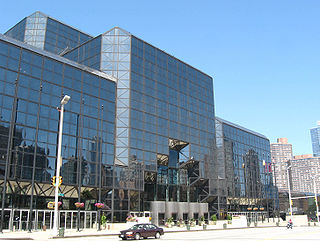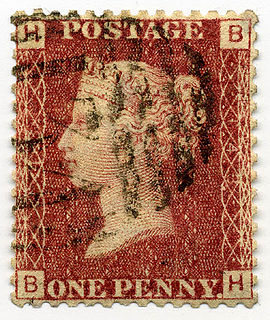August Dietz was a philatelist, editor and publisher, who specialized in the study of mail and postal history of the Confederate States of America.
Carroll Chase was an internationally recognized philatelic expert who specialized in classic stamps of the United States and France. In his effort to study classic French stamps, he traveled to France and remained there until 1941 when he returned to the United States.
Dr. Soichi Ichida was a distinguished Japanese philatelist who specialized in studies of classic Japanese postage stamps and encouraged the collecting of Japanese stamps and Japanese postal history throughout the world.
Dr. Joseph Schatzkés, of France, was a philatelist who performed in-depth studies of French and Mexican postage stamps and postal history, and wrote extensively on the subject.
Robert Granville Stone, was an American philatelic scholar who devoted over fifty years to the study of certain specific segments of philately.
Creighton C. Hart, of Missouri, was a stamp collector and a writer of philatelic articles on specific niches of United States postage stamp collecting.
Paul Hilmar Jensen, was a Norwegian philatelist whose collections often won gold at philatelic shows, and whose work in community service in the field of philately was recognized by King Harald V of Norway.

The Roll of Distinguished Philatelists (RDP) is a philatelic award of international scale, created by the Philatelic Congress of Great Britain in 1921. The Roll consists of three pieces of parchment to which the signatories add their names.
Ernst Max Cohn, was a multi-lingual philatelic researcher and expert from Alabama, who advocated re-researching original philatelic sources rather than relying on subsequent published philatelic literature.
Mary Ann Aspinwall Owens, of New York City, was an advocate of thematic collecting of postage stamps, such as collecting stamps showing birds, butterflies, ships, famous art, and so on. She was successful in her effort to officially help introduce thematic collecting into national and international philatelic exhibitions.
Lucien Berthelot of France, was a philatelist who helped restore the administration of French philately after World War II.
Richard H. Thompson was a philatelist from Baltimore, Maryland, who supported stamp collecting at the national level as well as in the Baltimore area.
James Benjamin Seymour, of Great Britain, was a philatelist who created an award winning collection, and who wrote some of the key works in British philately.
Stanley J. Luft of Golden, Colorado, is a philatelist who is an expert on the postal history of France.
Victor E. Engstrom was a philatelist known for his knowledge and collections of stamps of Nordic countries.
Calvin Waters Christian, of California, was a philatelist known to his fellow philatelists as “Bert.”
Indipex 2011 was organized by India Post, Government of India in collaboration with the Philatelic Congress of India (PCI) under the patronage of the Federation Internationale de Philatelie (FIP) and the auspices of the Federation of Inter-Asian Philately (FIAP).

Wolfgang C. Hellrigl was an expert on the philately of Nepal and Tibet who in 1994 was invited to sign the Roll of Distinguished Philatelists.

World Stamp Show-NY 2016 was the United States' once-a-decade international celebration of stamp collecting. It took place at the Jacob K. Javits Convention Center in New York from May 28 to June 4, 2016. This was the first international stamp show to be held in New York since FIPEX in 1956.





